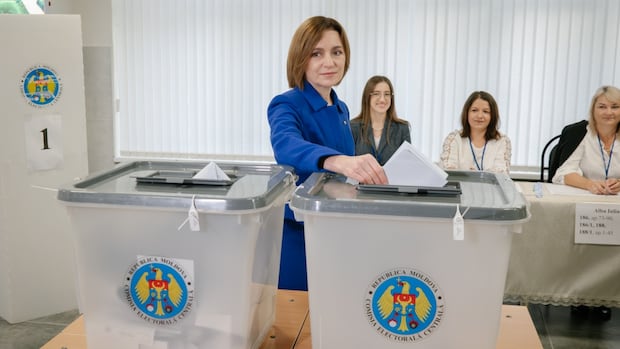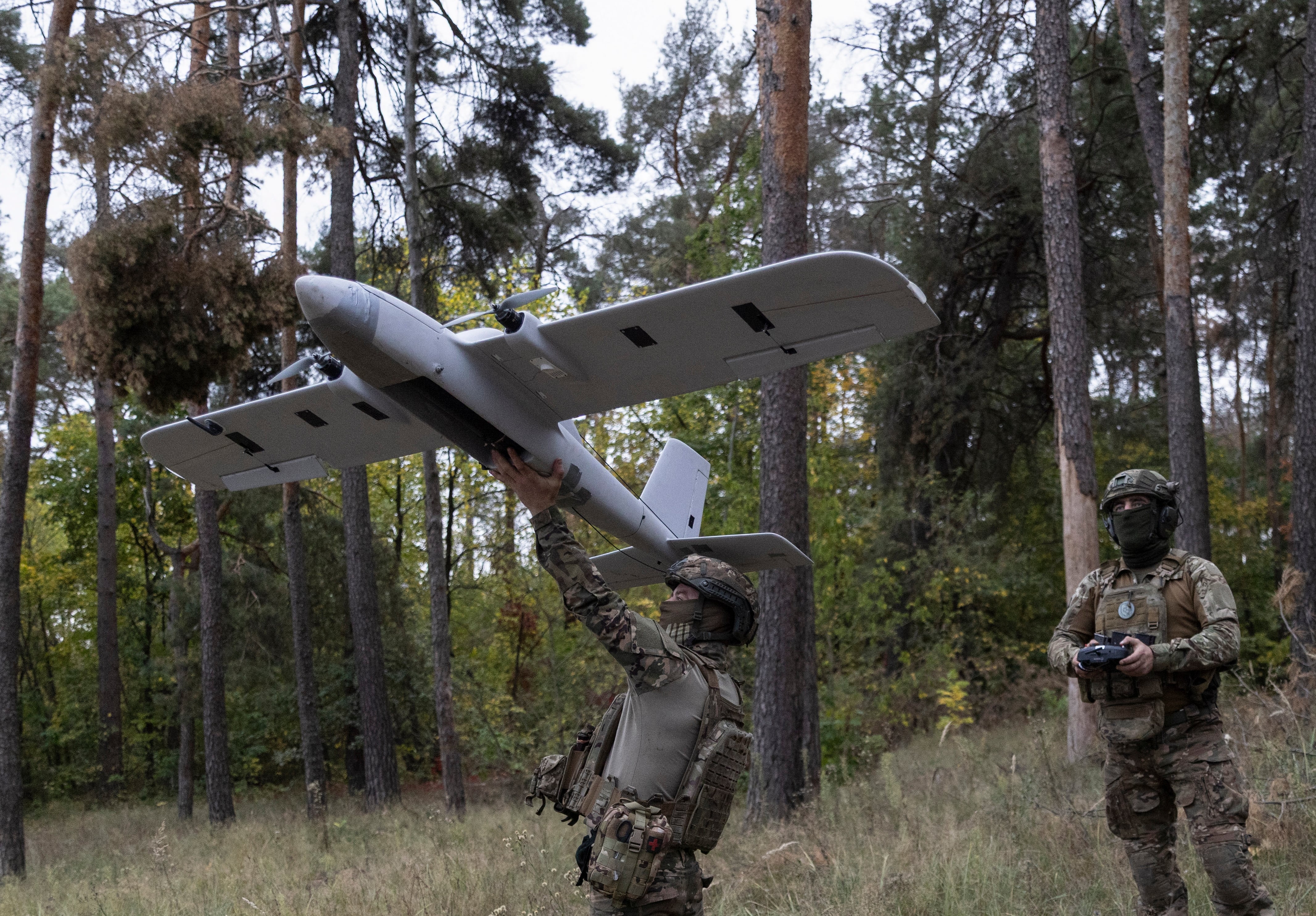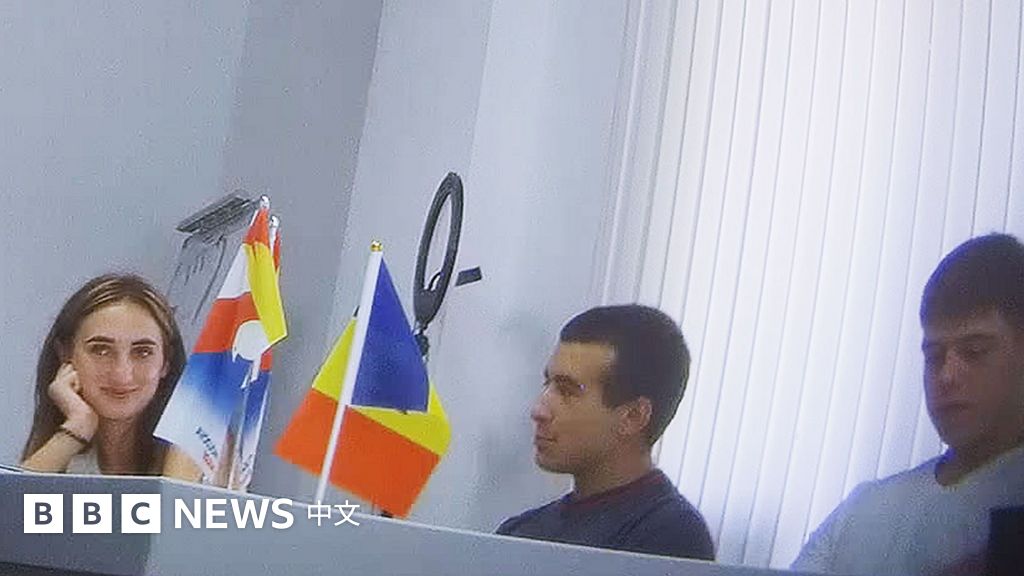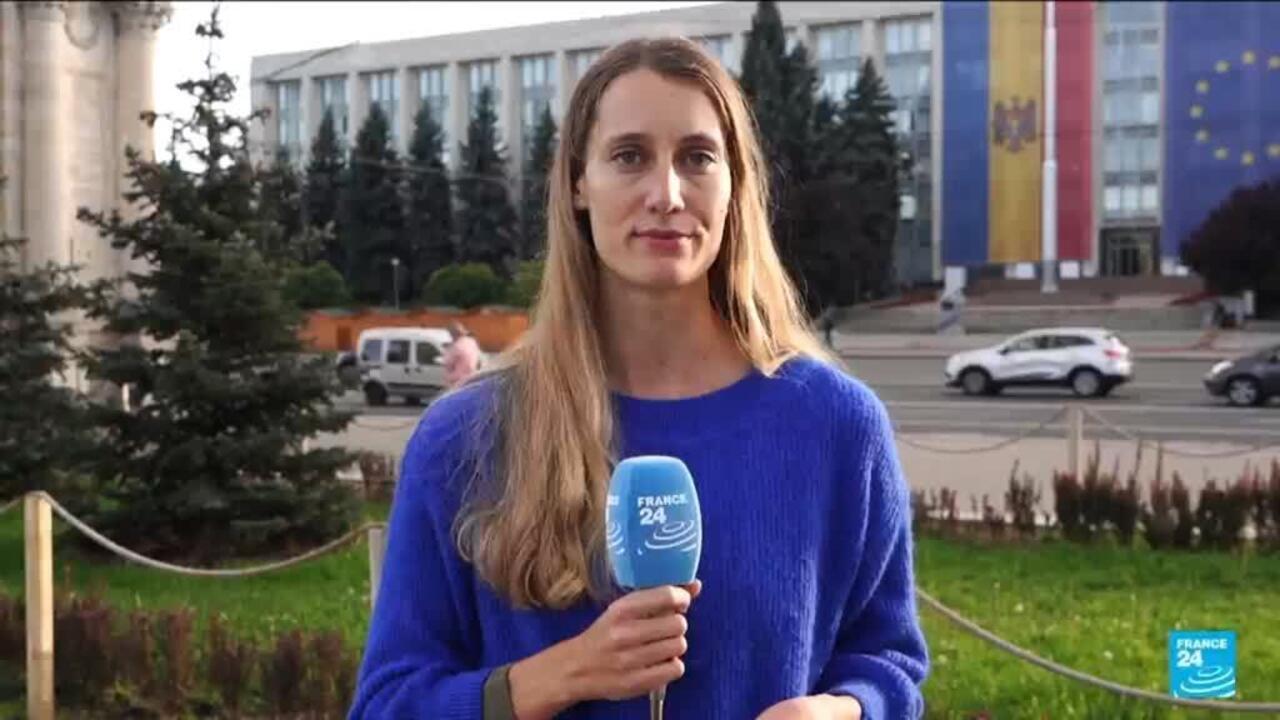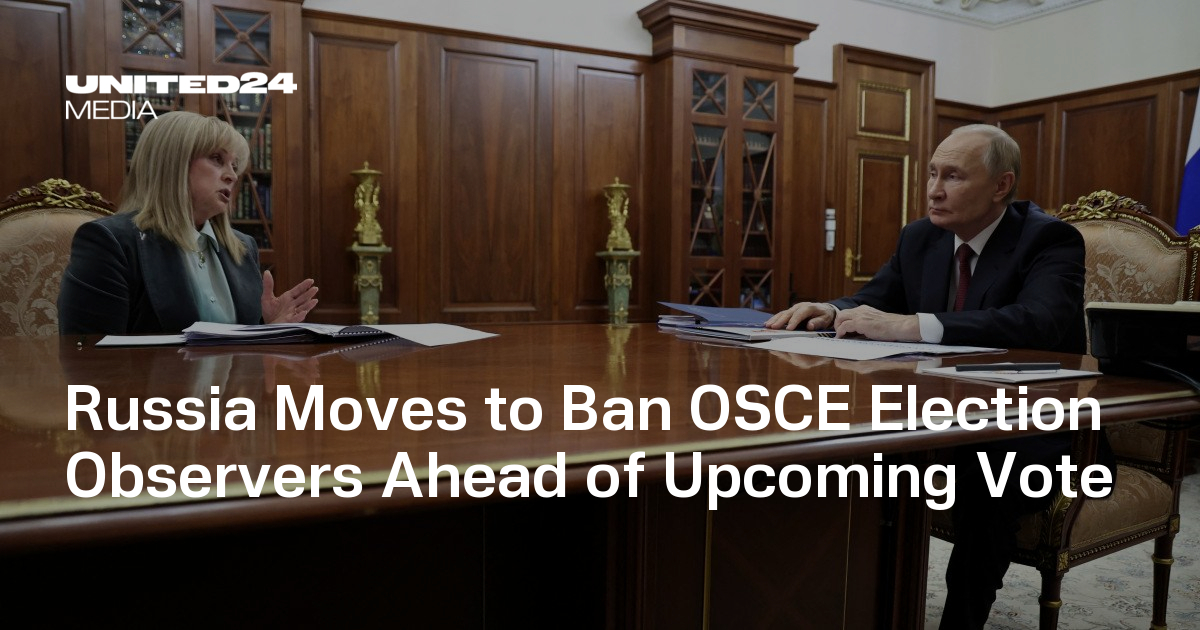Moldova's Pro-EU Party Secures Victory Amidst Russian Interference Allegations
In a pivotal parliamentary election, Moldova's pro-European ruling party, the Party of Action and Solidarity (PAS), achieved a decisive victory over its Russian-leaning rival. The results, announced on Monday, represent a significant step forward for Moldova's aspirations to join the European Union (EU) and distance itself from Moscow's influence. The election was, however, overshadowed by claims of Russian interference.
Election Results and Implications
With nearly all votes tallied, PAS, led by President Maia Sandu, secured 50.2% of the vote, significantly surpassing the 24.2% garnered by the pro-Russian Patriotic Bloc. This outcome allows the government to actively pursue its objective of EU membership by 2030. The near-final tally by Moldova’s electoral commission allows the government to push for its goal of EU membership by 2030.
International Reactions
The election results drew commendation from international leaders. António Costa, president of the European Council, stated on X that the people of Moldova have chosen "democracy, reform and a European future, in the face of pressure and interference from Russia." Similarly, leaders from France, Germany, and Poland jointly congratulated Moldova on its peaceful election conduct, despite alleged interference by Russia involving vote-buying and disinformation. Ukrainian President Volodymyr Zelenskyy also welcomed the outcome, asserting that Moscow had failed to "destabilize" Moldova. Sunday's election means both Sandu and her party have twice won elections by commanding margins, despite widespread claims of Russian meddling.
Accusations and Counter-Accusations
Russia has denied any involvement in meddling in the Moldovan election. However, Sandu's government accused Russia of attempting to manipulate the vote through disinformation and vote-buying. Stanislav Secrieru, Sandu's national security advisor, reported cyberattacks on election infrastructure and government websites, alongside fake bomb threats targeting polling stations both in Moldova and abroad. In response, the Kremlin criticized Moldovan authorities for allegedly restricting hundreds of thousands of Moldovans residing in Russia from voting. Dmitry Peskov, the Kremlin spokesperson, mentioned reported electoral violations and suggested Moldovans should resolve the issues themselves.
Challenges Ahead and Domestic Sentiment
Despite the victory, Moldova faces significant challenges, including persistently high inflation (around 7%) and rising energy costs. Meeting the EU's rigorous membership requirements will be a demanding task for Moldova, one of Europe's poorest nations. Opposition groups sought to capitalize on voter discontent stemming from economic hardships and the slow pace of reforms. The small European Union candidate nation, which borders Ukraine and has a pro-Russia breakaway region, has long been divided over whether to move closer with Brussels or maintain Soviet-era relations with Moscow.
Call for Protests and Concerns Over Unrest
In the wake of the election, Igor Dodon, a leader of the Patriotic Bloc and former Moldovan President, has called for protests alleging electoral fraud. Authorities are closely monitoring the situation, with warnings issued regarding potential Russian-backed attempts to instigate unrest following the vote. Sandu is targeting EU membership for Moldova within the next five years and warned of dangerous consequences if Russian influence prevailed in the country, which borders Ukraine.
 Visit the website
Visit the website
